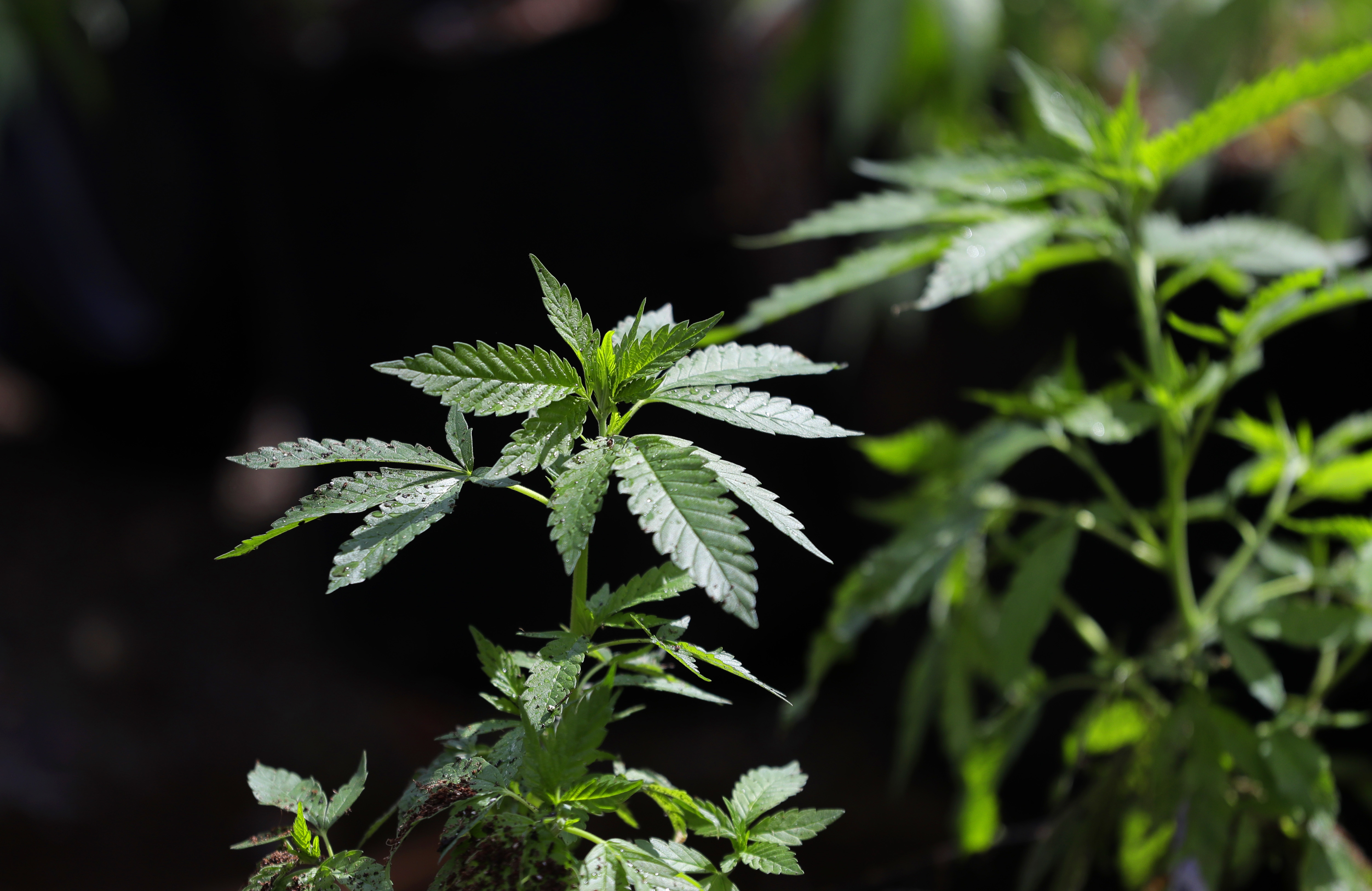Even when a hurricane prompts evacuation orders in a coastal city, odds are good that some people will stay behind. Psychologists have found many people tend to think riding a storm out is a more attractive option than evacuating.
Experts say one of the strongest predictors of whether someone will stay or go is their past hurricane experience. If the last one wasn't that bad, or if it's been so long since the last big storm that memories of evacuation have started to fade, people are more likely to stay put.
Another factor is general self-confidence. Researchers have found that people who are comfortable setting and achieving goals for themselves were more likely to be ready for a potentially difficult evacuation.
For some people, the difficulty is evacuating into the unknown. Studies of people who stayed during Hurricane Katrina found they felt more comfortable hunkering down in their own communities, instead of trying to leave to somewhere they'd never been before.
And often times, people who stay do so because they have no means to get out. Research shows that those who weathered Hurricane Katrina were more likely to be financially insecure. One study found more than half of those rescued from the storm said they had no car or other means of evacuation to get out of the city.
The government will keep calling for mandatory evacuations, though, because they're still likely to save lives. Studies show that issuing mandatory evacuation orders instead of voluntary ones increases the chance of someone leaving by about 2 percent.











